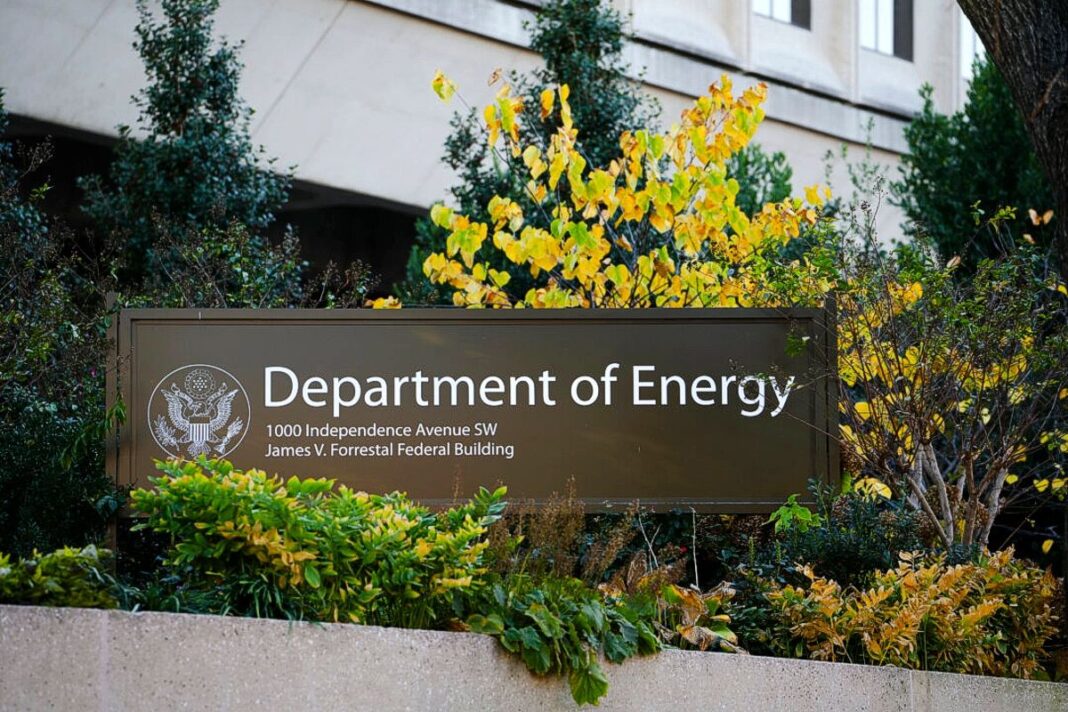Learn to spot early signs of blood clots and reduce your risk with simple lifestyle and diet tips.
Blood clots often form silently—but when they block critical blood vessels, they can trigger a heart attack or stroke without warning. Understanding the early signs and knowing how to lower your risk could help save your life.
Thrombosis Risk Groups
It’s a common misconception that blood clots affect only older people. In reality, certain younger people may also face a high risk. The following factors significantly increase the likelihood of developing blood clots:
- Inactivity: Sitting for long periods can lead to poor circulation and “sticky” blood, increasing the risk of clots. Get up and move for at least five minutes every hour to support healthy blood flow.
- Obesity: Excess body weight increases pressure on veins and slows blood return to the heart, raising the risk of deep vein thrombosis by about 2.5 times.
- Cardiovascular risk factors: High blood pressure, high cholesterol, and high blood sugar can damage blood vessels and platelets, contributing to clot formation.
- Smoking: Chemicals in cigarettes harm the inner lining of blood vessels and promote clumping of blood cells, making clot development more likely.
Early Warning Signs of a Blood Clot
Blood clots often develop with warning signs. Pay attention to the following symptoms:
Temporary Blurred Vision
People over age 65 are especially prone to temporary blurred vision. While they may normally see clearly, sudden blurred vision may signal thickened blood that’s not delivering enough oxygen and nutrients to the retina and optic nerve.
Purple Lips and Tongue
Having purple lips and tongue may suggest poor blood circulation and sticky blood, a condition known as “blood stasis” in traditional Chinese medicine.
Shortness of Breath While Squatting
When blood flow is affected by blood clots, it may cause symptoms such as breathlessness and chest tightness. People with obesity should take note if their breathing becomes difficult during or after squatting.
If you experience any of these symptoms, seek immediate medical attention to help prevent serious cardiovascular complications. Paying attention to these early warning signs is crucial, as a blocked blood vessel may lead to a stroke in the brain, a myocardial infarction in the heart, a pulmonary embolism in the lungs, or a hepatic hemangioma in the liver.
By Naiwen Hu







